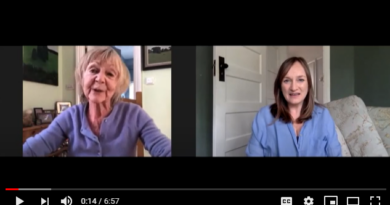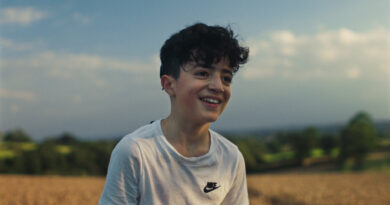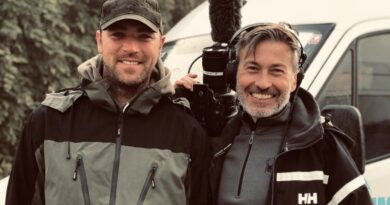Dr. Mark Wheeler reflects on the PTSD work recorded in Lifted
Dr. Mark Wheeler talks in more detail about the work of his project, which was captured in the documentary Lifted, directed by ex-BBC producer Nic Blower:
“Our research takes an important step in addressing the needs of military veterans living with PTSD by pioneering and providing evidence of the effectiveness of a therapeutic recreation approach to reaching this traditionally hard to engage population.
“PTSD is a disabling psychological condition comprising four main sets of symptoms: re-experiencing of trauma, avoidance, negative alterations in cognition and mood and hyperarousal. It is frequently comorbid with anxiety, and depression.
“People with PTSD often cope by avoidance of people and social situations and have difficulty regulating emotions, particularly anger. Consequently, if left untreated, PTSD may become a chronically disabling condition associated with impaired occupational, relational and social functioning and associated public costs and potentially compromised cognitive ageing associated with long-term exposure to stress.
Listen to Dr. Mark Wheeler talking about his project on Actual Radio
“It is estimated that between 3-6% of UK military veterans and 2-17% of US veterans have PTSD. Moreover, it is recognised that military veterans do not benefit adequately from existing therapeutic provision, often failing to seek it out, delaying engagement, or finding it difficult to engage with civilian therapists. It is therefore imperative to develop accessible and acceptable approaches to engage this client group.
“The lives of Military Veterans with Post-traumatic Stress Disorder (PTSD) have been transformed by their participation in a novel intervention programme developed by Essex researchers.
“Overall, the results from our research and work that we documented on the film Lifted, has been incredibly positive. There were clinically significant improvements in not only the symptoms of PTSD but also Depression, Anxiety, Stress and Social adjustment., coupled with increased post-traumatic growth, wellbeing, life quality, capacity for work and improved relationships.
“This improvement was seen to hold when we followed up three months later. We have seen great support across military veteran charities and indeed the British Army for our work and look forward to continuing to develop it further going forward.
“Adoption of the approach has enabled the NHS and charities such as Combat Stress, Veterans First, Help for Heroes, the Invicta Foundation, and Walking with the Wounded to deliver improved outcomes for a complex and vulnerable client group who are otherwise hard to reach.
“151 veterans have completed the programme by October 2020, suggesting that the programme has reached between 8 and 14% of the Essex population of military veterans under 65 with PTSD.”




